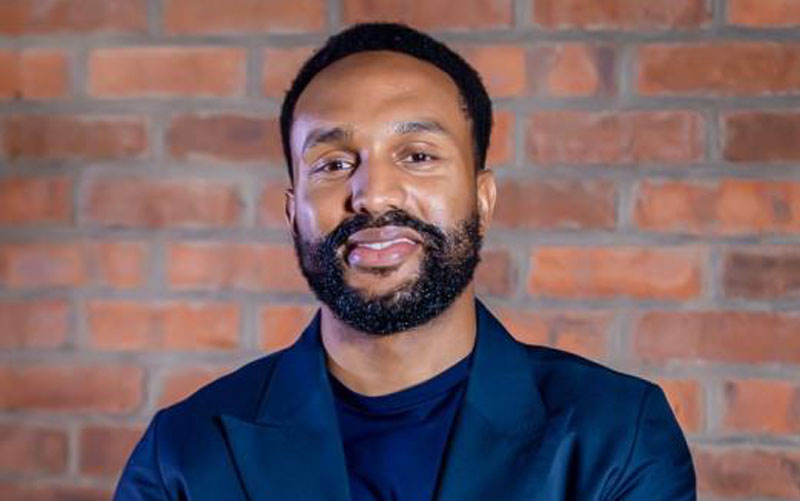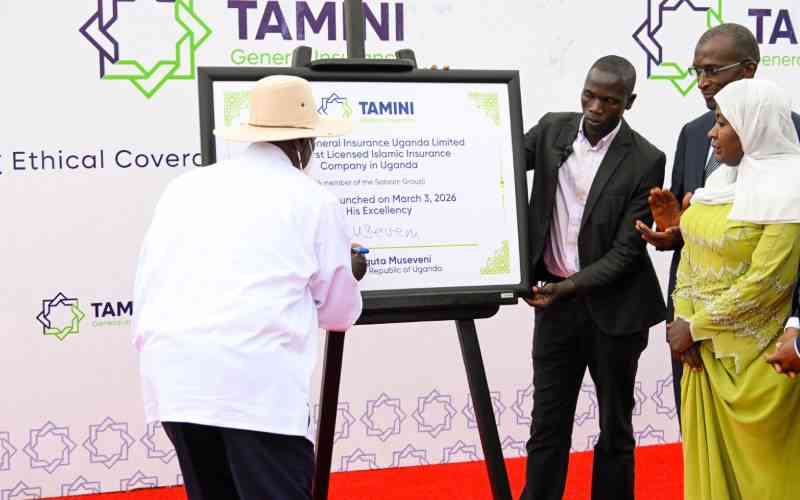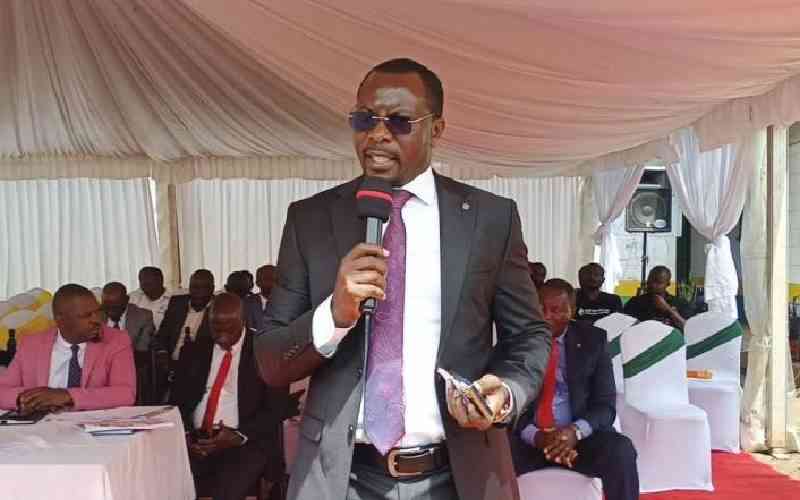Obinna Ukwuani, Chief Digital Officer Bank of Kigali.[File, Standard]
×
The Standard e-Paper
Fearless, Trusted News

Obinna Ukwuani, the chief digital officer at the Nairobi Securities Exchange (NSE) listed Bank of Kigali (BoK), could have worked anywhere he wanted in the world.
As a graduate of the Massachusetts Institute of Technology (MIT), his skill set was in high demand.







